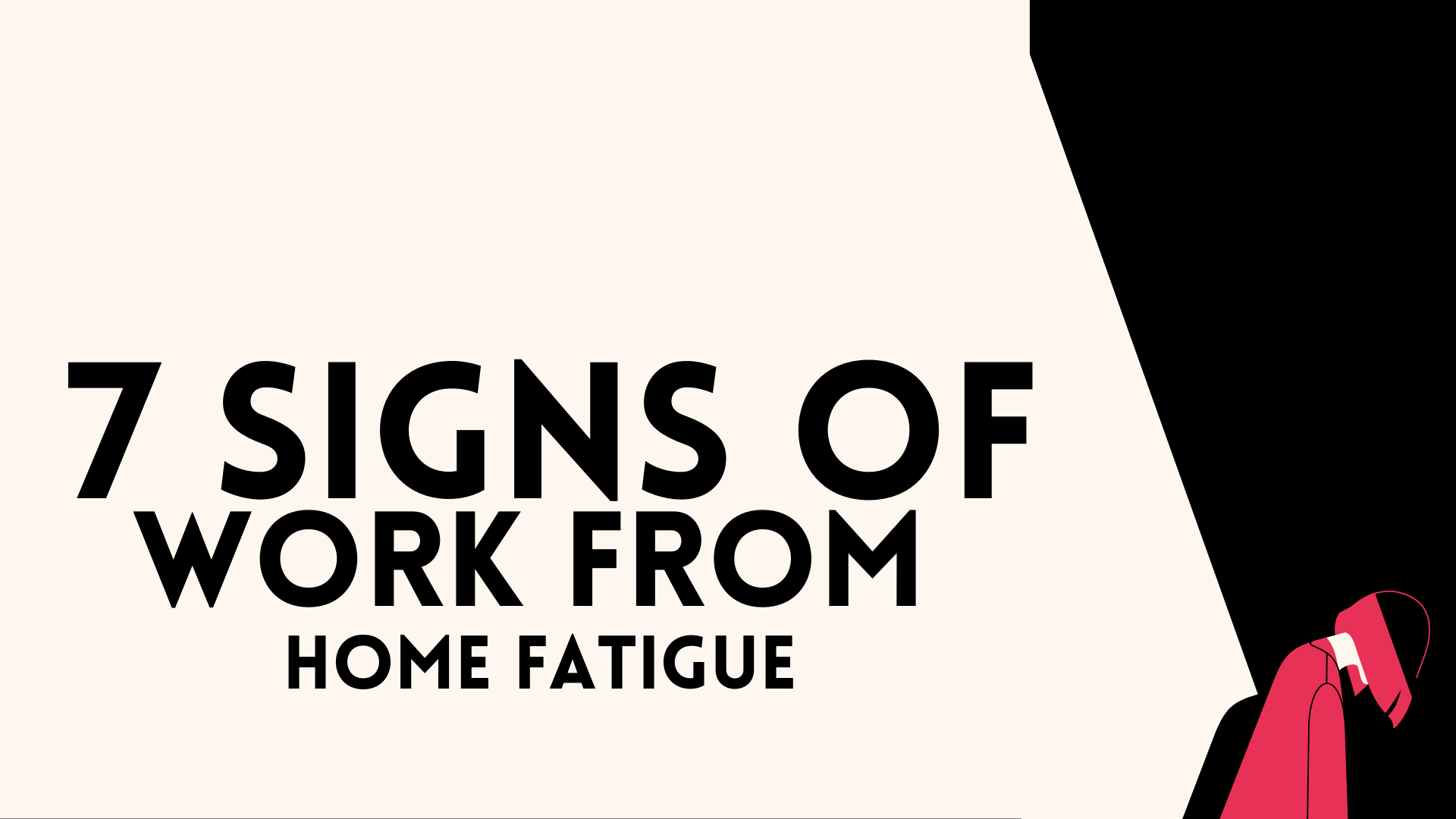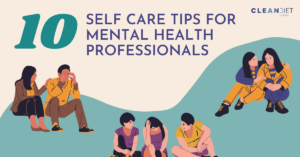“It’s easy to be productive when you’re at home. You can work in your pajamas, drink coffee all day and watch episodes of your favorite TV show without guilt. It is also much easier to put off anything that needs doing because there are no co-workers around to keep you accountable.” “But after a while, the comforts of your own space start feeling like they’re suffocating and it becomes difficult to get motivated for any task.”
“If this sounds like the current state of affairs in your life, then you might be suffering from work from home fatigue.” Before, it was easy to know you’re tired when you find yourself looking forward to your commute. The thought of getting in the car and driving back from work, where it’s been too long since the last time you left a building that didn’t have a kitchen or laundry room in it, is starting to sound like a vacation. You don’t want to go home but going back into an office feels even worse. The end result? Working from home has started feeling more like work than anything else.
Why is it necessary to know when you’re tired?
Recognizing the indicators of work-from-home weariness can be difficult because, while we all have days when it’s difficult to get going or our attention spans are tested, a more wide and general exhaustion tends to build up over time.
The 7 Signs of Work From Home Fatigue are:
1. Less motivated to do anything.
If you have to bully yourself into your chair on Monday morning, your motivation has probably taken a knock.
When you lose the motivation and willpower to do even the activities you enjoy and perform better than anyone else at work, it’s time to reevaluate how you set up workplace flexibility for yourself. Our loss of motivation might have a ripple effect on our work, causing us to become even more stressed. If you tend to put things off until the last minute, you risk working longer than necessary.
2. Having a hard time maintaining a sleep pattern.
Maybe you’re not getting up as early as you used to, or you’re having trouble falling asleep. If you’ve noticed that your sleep routine has been disrupted, it’s possible that you’re suffering from burnout. Our bodies and minds can’t relax enough to have restorative sleep since there aren’t clear boundaries between work and non-work.
3. Trying so hard to focus but ended up doing nothing.
After months of working from home, it stopped being interesting and began to become usual, and as a result of this mindset shift, I found it more difficult to focus on my work and remain productive throughout my work hours. This was particularly noticeable during video chats and meetings. While others were speaking, you had to force yourself to pay attention, and sometimes might find yourself feeling irritated and angry with little things that you feel are a waste of time. However, if you look closely, you’ll find yourself battling to get through an hour before needing another coffee break, and your workday is extending because you haven’t completed your tasks.
You know you’re tired when you take a lot longer to complete fast, simple tasks, you’re getting burned out on remote work. It feels like you’re moving through molasses every time you try to be productive.
4. Making mistakes
We’re all humans and we’re bound to make mistakes however if mistakes often happen to tasks which you rarely make one or you’ve subconsciously built the habit of missing deadlines or procrastinating till the end. These are all symptoms that you may be suffering from work-from-home weariness.
5. Feeling distant
Whatever personality a person has, there will come a time that they would like to isolate themselves, “me time” they call it. But If you feel like you’ve got no one to turn to when things start to hit the fan, then fatigue might be getting the better of you. Or maybe you’re not looking forward to being back at home on Monday morning?
“Even if you make frequent trips out, if you’re starting to hate the look of your home or avoid getting back there and you work from home on top, it’s a sign you’ve had enough.” – Andrew Taylor
6. Struggling to make a decision
When we are tired or worn out, even simple decisions like what to eat for dinner appear insurmountable. While there could be a variety of causes for your inability to make decisions, it’s possible that exhaustion or burnout is to blame if you’ve noticed that your normally quick and snappy decision-making has been replaced with sluggishness or an unwillingness to respond.
In order to choose amongst options in a company or work situation, we usually need to have the correct information. They also demand that we have the mental capacity to analyze these alternatives and choose the optimal course of action.
7. You feel weirdly irritated with many things
At work, are you usually the life of the party? Do you miss your Friday night drinks? That’s fine, but are you venting your frustrations on your family or even employees with whom you once had a good time? You may be sick of working from home and want to return to a more normal routine.
If you find yourself being unusually irritable with your family and coworkers, it could be a clue that you need to take a break. A client once told me that her first indicators of exhaustion were when she began to feel sleepy in the morning, even though she hadn’t done anything, then accompanies by a severe headache then irritation.
If you’re feeling unmotivated, drained, and unproductive at work you could be suffering from work-from-home fatigue. Not everyone has the chance to work from home before the pandemic hit and most of us were forced to adjust rapidly, quickly converting our living rooms, kitchens, and bedrooms into home offices.
However, whether you’ve been working from home for months or years, fatigue is normal.
In my next blog, I’ll be talking about – the 7 signs to combat WFH fatigue






